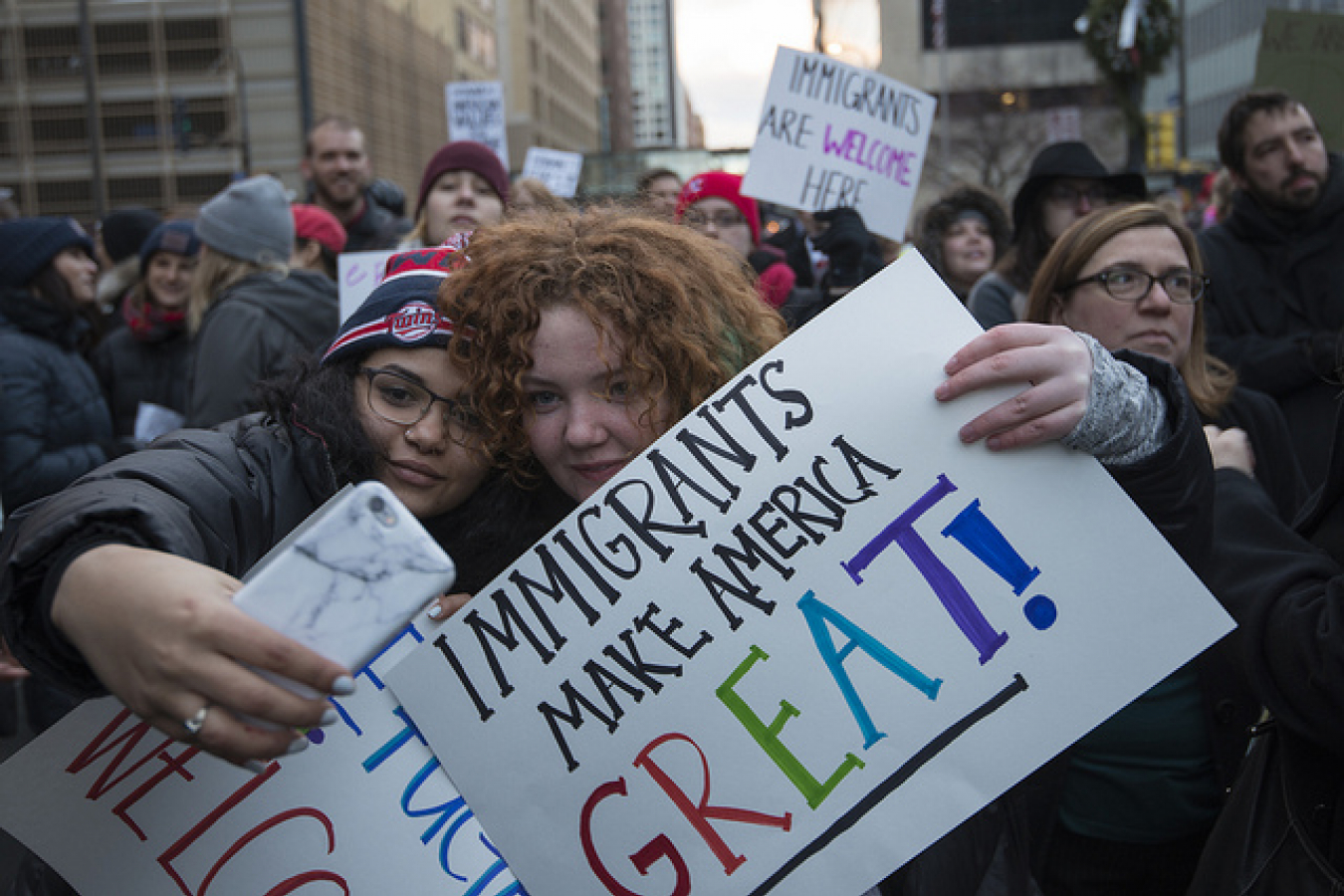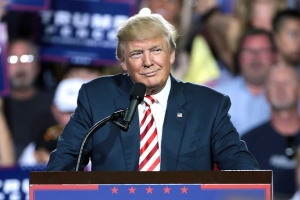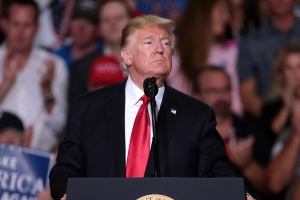Support migrant centric journalism today and donate

United States Citizenship and Immigration Services (USCIS) have confirmed plans for more scrutiny of foreign workers in the US on L1 visas in 2017. The plans mean that Indian IT companies, with a base in the US, will face more frequent visits from USCIS officials. Donald Trump has mentioned a number of times that he would make it harder for companies to employ overseas skilled workers.
The number of L1A and L1B visa petitions filed by Indian companies in the US far exceeds applications made by other nations. In the fiscal years 2002 – 2011, seven of the top ten employers of L1 visa holders were either founded or based in India or were run by an Indian national. Indian nationals have more limited visa routes than many nationals as they cannot come under the E2 Treaty Investor visa or E1 Treaty Trader visa scheme.
According to USCIS data, Indian IT firms IBM India, Wipro, Infosys, Satyam, and HCL account for a massive 66,119 L1 visa petitions made over the last decade. Collectively, the top 10 employers of L1 visa holders, including non-India based businesses, racked up 70,227.
This means that companies with Indian connections represent a staggering 94% of the total number of L1 visa petitions filed during the previous 10 years. Tata Consultancy Services (TCS) alone filed 25,908 petitions (37%), while US-based Cognizant – founded by Kumar Mahadeva and with headquarters in Chennai – racked up 19,719 petitions (28%).
Indians also the biggest beneficiaries of H1B visa program
USCIS data shows that India is also the biggest beneficiary of the H1B, short-term specialty work visa program for those at least at degree level. The new window for filing H1B applications opens on April 1, 2017 and it’s expected that the cap of 65,000 (not including the 20,000 allocated to advanced degree holders) will be reached in a matter of days.
USCIS has confirmed that it plans to step up investigations of L1 visa petitions in line with the level of investigation conducted for H1B applications. The USCIS crackdown could potentially hinder the ability of Indian companies to transfer employees from India to the US to work on projects.
Additional scrutiny of L1 visa holders, combined with proposals to bump up fees for petitions as part of the US immigration reform bill, it’s clear that the USA will be making it even more difficult to obtain L1 visas.
According to an archived Economic Times report, Indian IT firms are already feeling the heat of US work visa restrictions. Recently, Infosys paid a whopping $34 million as part of an out-of-court settlement, after the Department of Justice (DoJ) brought charges against the firm in relation to alleged visa abuse.
The DoJ accused Infosys of unnecessarily hiring Indian IT workers to replace American employees and forcing US workers to train their replacements. Meanwhile, Oracle – another Indian IT firm with a US base – was heavily criticized recently after allegations were made that the company was paying foreign workers between $50 and $60K less than their US counterparts. However, many would say that Indian IT workers are paid better than the average for the Industry.
It’s estimated that the outsourcing industry is worth as much as $108 billion per year. However, the US immigration reform bill could severely impact the number of visas issued to highly-skilled workers, sparking concerns that US-based outsourcing firms could leave the country. Canada in particular is making a concerted effort to be extra welcoming.





















